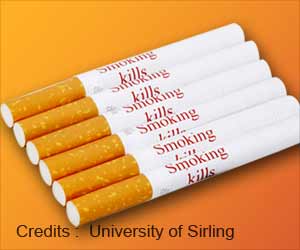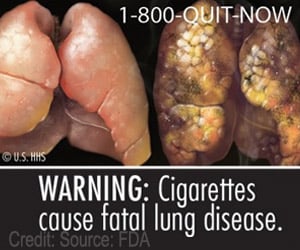Fruit flies that were buzzed during the experiment revealed an important step to intoxication.

‘As a result of the discovery, when the scientists knocked out the gene responsible for making bees more hyperactive, it eliminated the signal, and didn’t act more drowsy.’





"They act just like people," Hansen says about the flies. "They start losing coordination. They literally get drunk."The alcohol in beverages acts much like an anesthetic. It creates a hyper "buzzed" feeling first, and then sedation, Hansen explains. But how? It turns out there is an important intermediate step that wasn't previously known.
The scientists looked to a system they have seen at play in anesthesia to track alcohol's effects, starting with an enzyme on nerve cell membranes called phospholipase D2, (PLD2). The enzyme links ethanol molecules to lipid (fat) in the membrane of the nerve cell. They found the enzyme becomes a catalyst triggering multiple downstream activities within the cell. It creates a fatty alcohol metabolite called phosphatidyl ethanol (PEtOH). That metabolite builds up and causes nerves to fire more easily, resulting in more hyperactive flies.
"With hyperactivity you see the flies run around more, and this is what we equate to being buzzed," Hansen says.
When the scientists knocked out the gene for the enzyme that makes the PEtOH metabolite, thus eliminating the signal, the flies did not become more active.
Advertisement
Knowing alcohol's molecular targets could enable development of an antidote to intoxication, or even hangover, Hansen says.
Advertisement
"It has definitely led to some different ways of thinking about alcohol intoxication at the molecular level," Hansen says. "Most scientists thought alcohol had a direct effect. Blocking the enzyme in flies shows that's not likely true."
Source-Eurekalert















